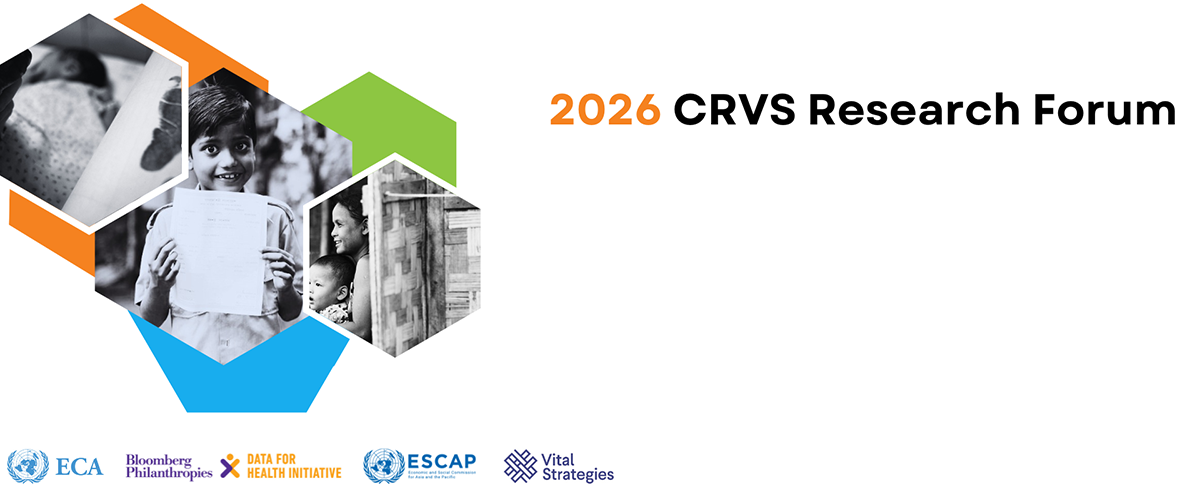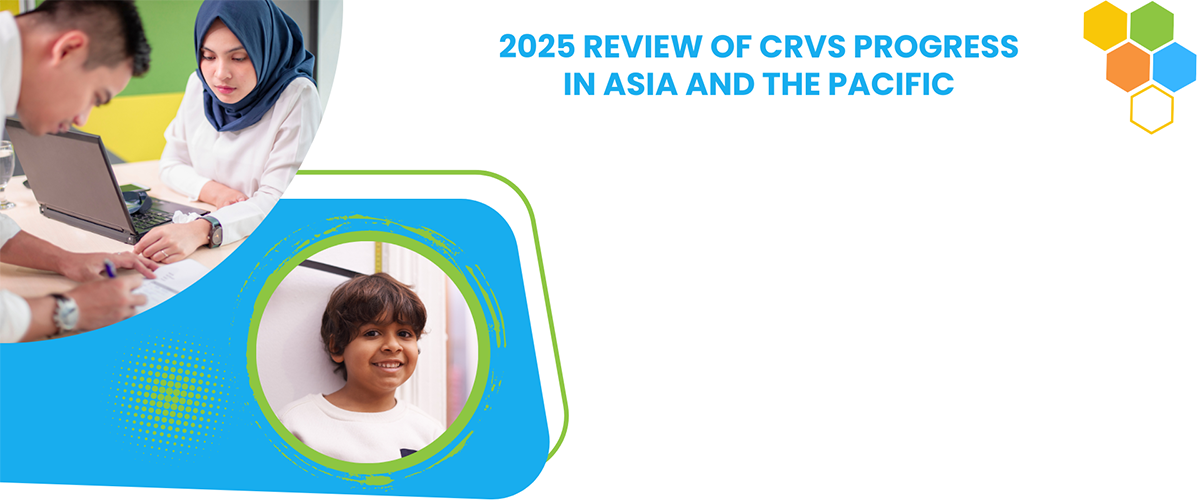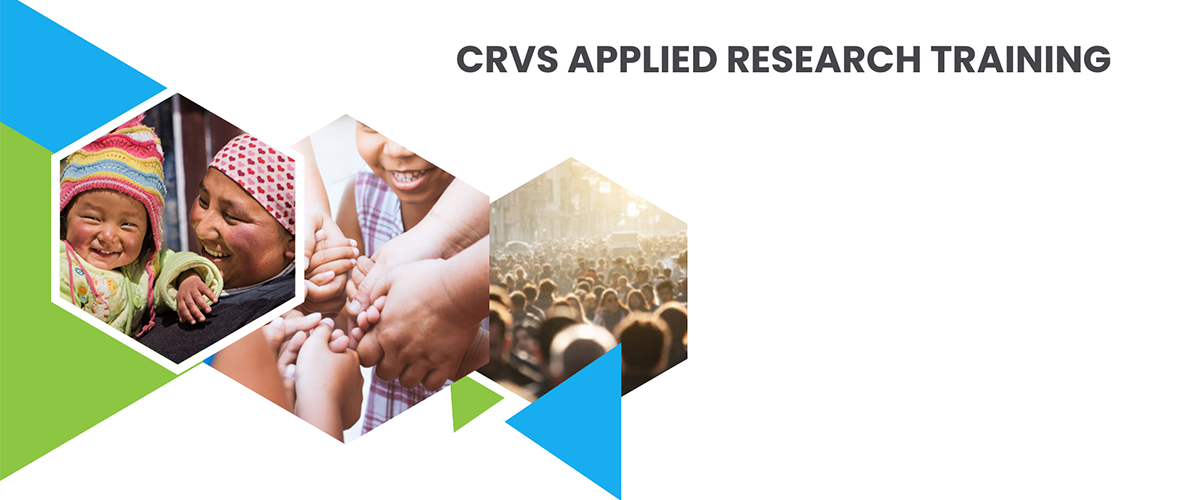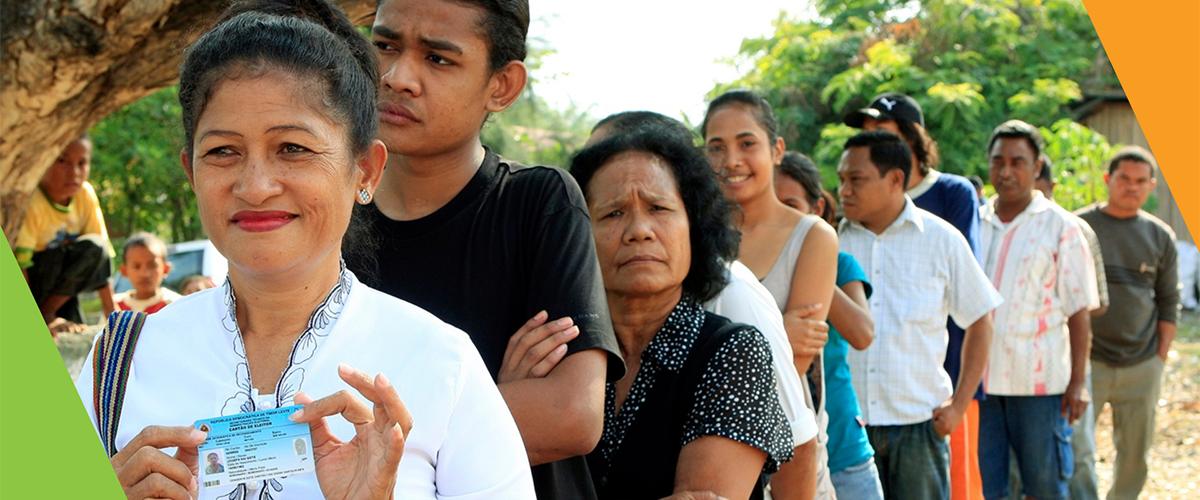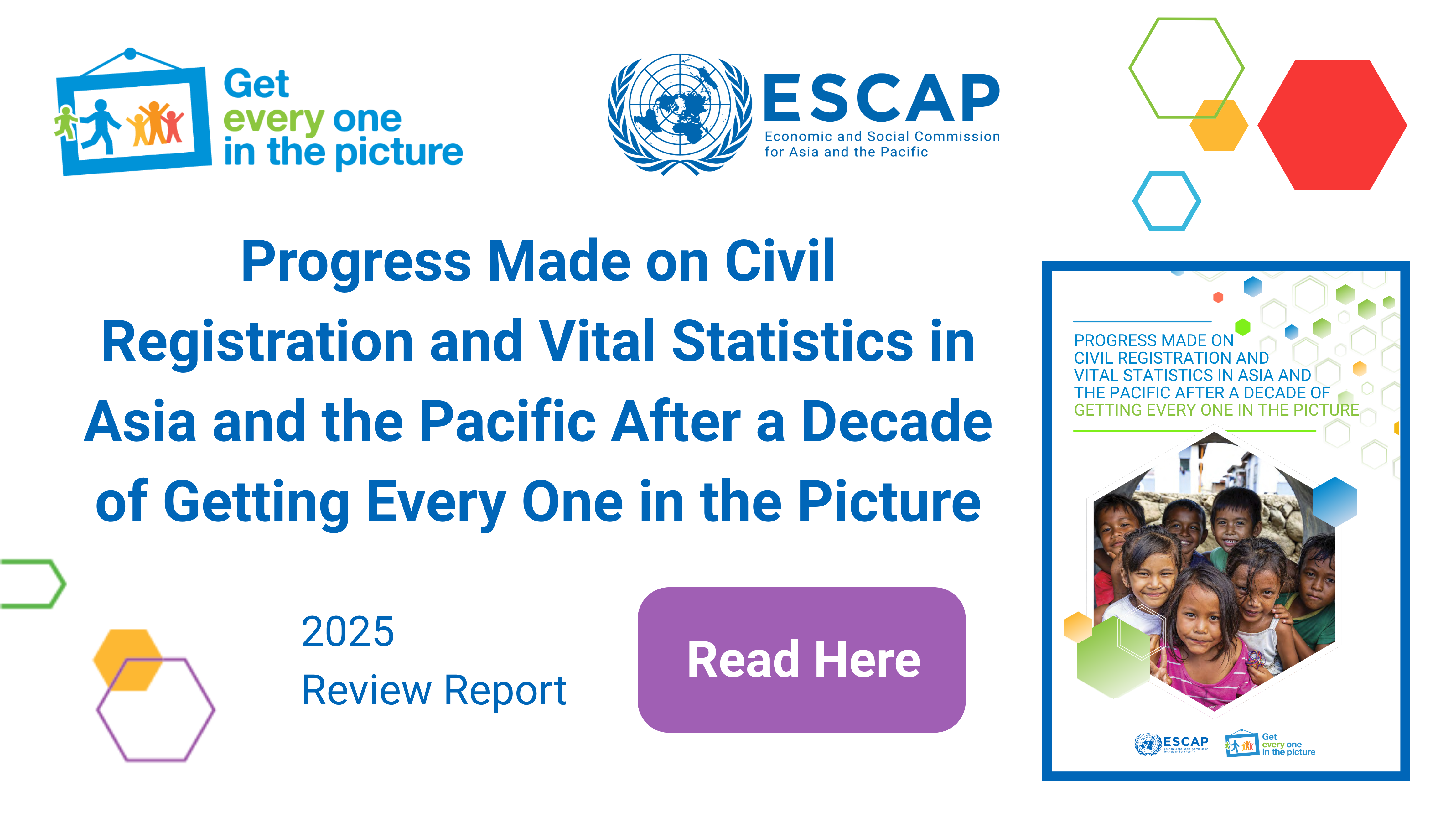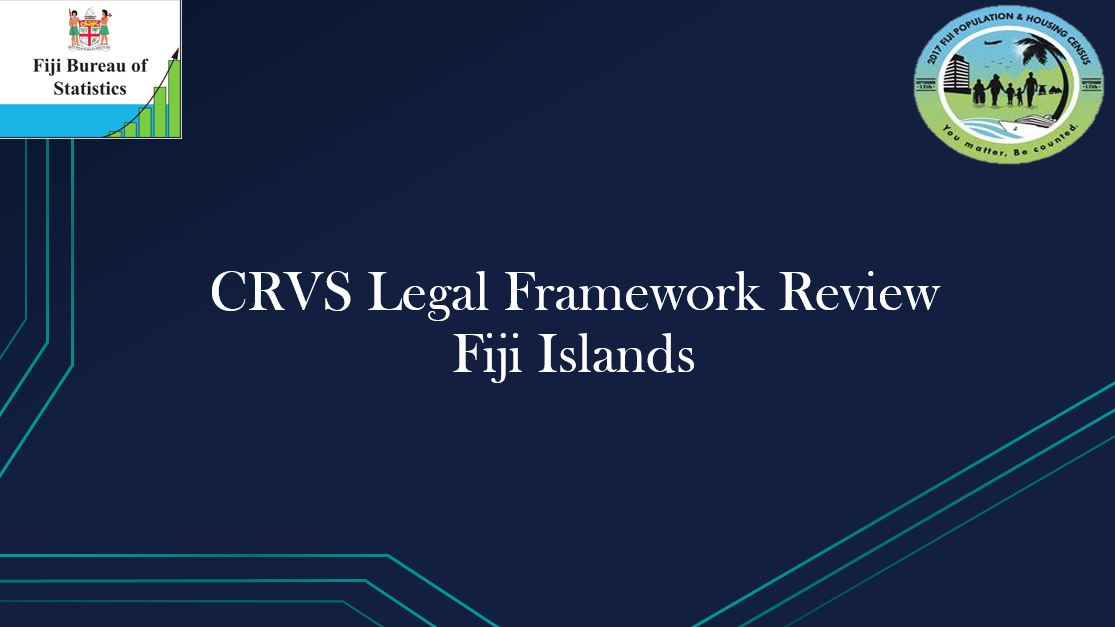High-level panelists reaffirm the importance of CRVS at UN General Assembly side-event
High-level panelists at events hosted by Data4SDGs as part of the 72nd Session of the UN General Assembly have reaffirmed the importance of improving CRVS systems around the world. Dr. Shamshad Akhtar, Executive Secretary of UN ESCAP, specifically highlighted achievements made by Asia-Pacific countries in strengthening their CRVS systems.

